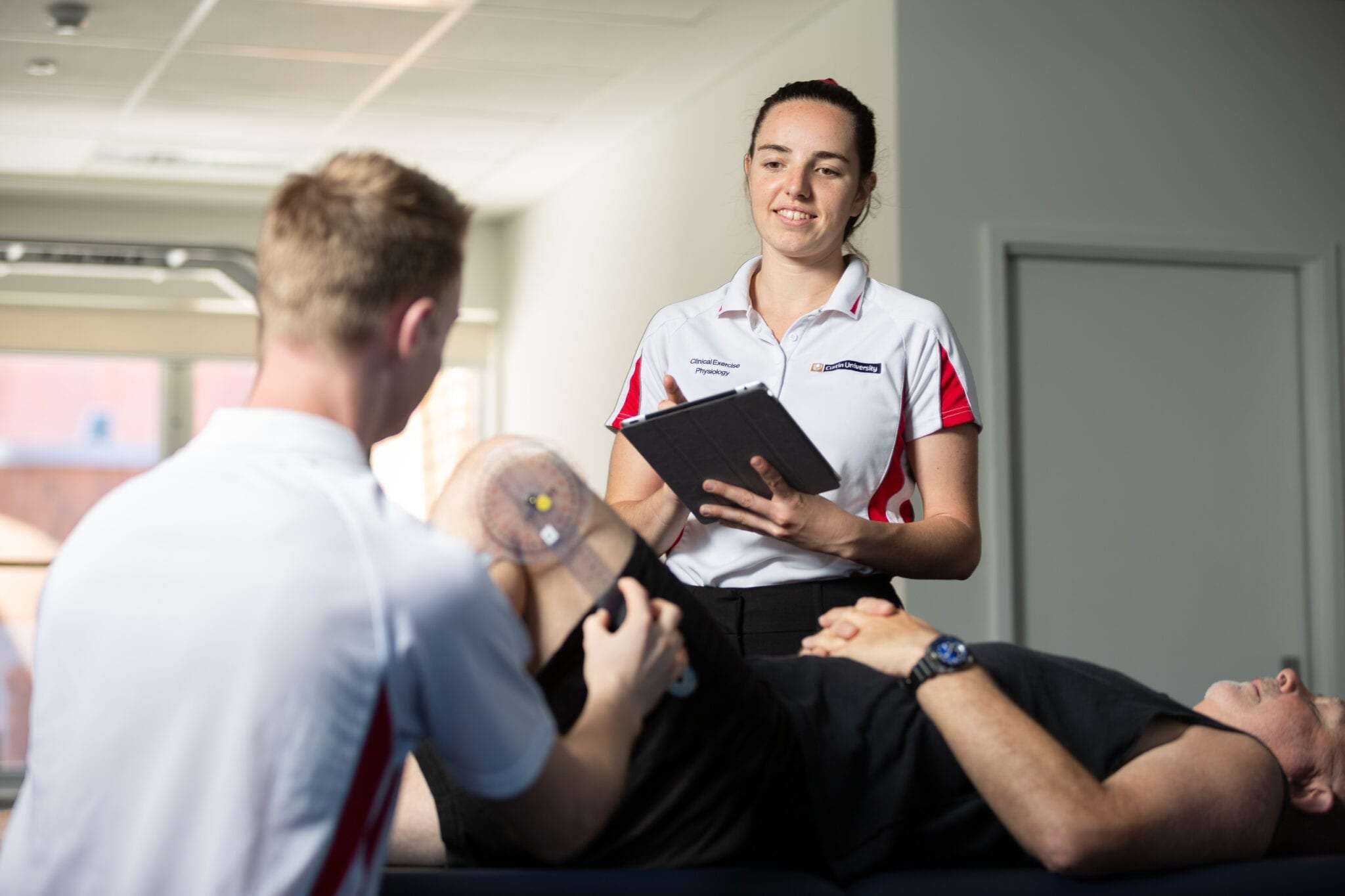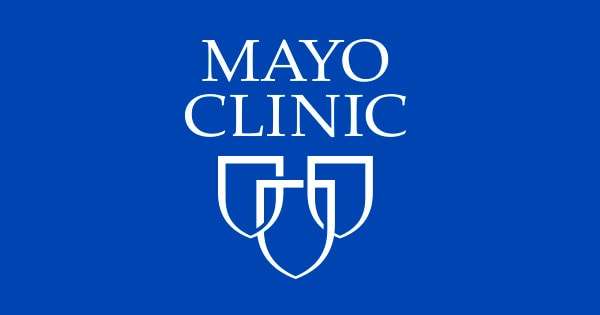Mental health
With the Government in the midst of its £173m overhaul of mental health services in order to improve access for people suffering from common mental health problems, will the new NHS scheme created for couples and families with depression be a success or is it to all rest on more funding?
For the first time in NHS history, free relationship counselling/couples therapy is being offered to those whose relationship is in danger of falling apart due to mental problems or depression.
From April 2010 psychologists and counsellors will be appointed to work with patients who have been assessed and offered a choice of either individual or couples counselling. The aim of the government programme is to improve access to psychological therapies (IAPT). However, Health Secretary Andy Burnham, although welcoming more widely available therapy, believes that there is not enough money left in the government pot for new therapists, training or the increased demand.
Couples with problems that were not triggered by or developed into clinical depression or anxiety would not be eligible for NHS counselling and The National Institute for Clinical Excellence recommends that patients with mild to moderate conditions be offered step-based therapies such as cognitive behavioural therapy as initial treatment before medication is even considered.
*This news article was originally published 24th November 2009.
Public or private counselling, which is right for you?
We believe that everyone deserves happiness, but we know it can be daunting to reach out and seek help. While you can access therapy on the NHS, often there are long waitlists. What if you need immediate support?
In recent years, awareness and understanding of mental health and the importance of professional support has improved. While stigma and shame remain, generally, the act of seeking therapy and/or talking about our experiences are welcomed and embraced. By sharing our stories and continuing to talk about mental health issues, and the support available, more people can access the help they need.
There are many benefits to therapy and whether you access support via the NHS or with a private counsellor, that’s up to you and your circumstances. For example, if you are referred for counselling or psychotherapy through the NHS, it will be free of charge, and while the professional you are referred to will be suitably qualified and experienced, the choice of treatment available may be limited.
Meanwhile, if you are considering private counselling, you will often have less waiting time and more of a say in who you choose and what type of treatment you will receive. Of course, private counselling can be costly and therefore has the potential to limit the number of sessions you may have. The cost of private counselling can vary considerably, depending on where you live, the counsellor and the treatment you are seeking.
Read more about the differences between free and private therapy.
The benefits of counselling
There are many benefits to therapy and we believe that you can reap these benefits, long before you reach crisis. In fact, we believe everyone should have counselling at some point in their lives. Life is tough and we don’t need to go through it alone.
In this video, psychotherapist, counsellor and hypnotherapist, Disree Shaw, shares what she considers her top three benefits of counselling.
*This article was updated 30th October 2020.
Counselling is a talking therapy that involves a trained therapist listening to you and helping you find ways to deal with emotional issues.
Sometimes the term “counselling” is used to refer to talking therapies in general, but counselling is also a type of therapy in its own right.
What can counselling help with?
Counselling can help you cope with:
- a mental health condition, such as depression, anxiety or an eating disorder
- an upsetting physical health condition, such as infertility
- a difficult life event, such as a bereavement, a relationship breakdown or work-related stress
- difficult emotions – for example, low self-esteem or anger
- other issues, such as sexual identity
What to expect from counselling
At your appointment, you’ll be encouraged to talk about your feelings and emotions with a trained therapist, who’ll listen and support you without judging or criticising.
The therapist can help you gain a better understanding of your feelings and thought processes, and find your own solutions to problems. But they will not usually give advice or tell you what to do.
Counselling can take place:
- face to face
- in a group
- over the phone
- by email
- online through live chat services (learn more about online tools for mental health)
You may be offered a single session of counselling, a short course of sessions over a few weeks or months, or a longer course that lasts for several months or years.
It can take a number of sessions before you start to see progress, but you should gradually start to feel better with the help and support of your therapist.
Can you get free counselling on the NHS?
You can get free psychological therapies, including counselling for depression, on the NHS.
You do not need a referral from a GP.
You can refer yourself directly to a psychological therapies service.
Find a psychological therapies service in your area
Or you can get a referral from a GP if you prefer.
Find out more about free psychological therapies on the NHS
Private counselling
If you decide to pay to see a private therapist, make sure they’re qualified and you feel comfortable with them.
The cost of private counselling can vary depending on where you live, with a session costing anywhere between £10 and £70.
Many private therapists offer an initial free session and lower rates for students, job seekers and those on low wages.
You should ask about charges and agree a price before starting a course of counselling.
Charities and voluntary organisations
Some charities and voluntary organisations also offer counselling. These organisations usually specialise in a particular area, such as couples counselling, bereavement or family guidance.
You do not need a referral from a GP for an appointment for these services, but you may have to pay a fee to cover the cost of your sessions.
Charities that may offer counselling include:
- Cruse Bereavement Care – for bereavement advice and support
- Rape Crisis England & Wales – for women and girls who have been raped or sexually abused
- Relate – for relationship advice and counselling
- Samaritans – for people to talk about whatever’s troubling them at any time
- Victim Support – for victims and witnesses of crime
You may also be able to access support groups through your local community, church or social services.
Finding a qualified therapist
As counselling involves talking about sensitive issues and revealing personal thoughts and feelings, your counsellor should be experienced and professionally qualified.
Reputable therapists will be registered with a professional organisation that’s been accredited by the Professional Standards Authority (PSA). This means they have met the PSA’s required professional standards to practise.
You can find a qualified therapist in 3 simple steps on the PSA website
Other talking therapies
As well as counselling, there are many other types of psychological therapies (or talking therapies) that involve talking to a therapist about your feelings or problems.
Read more about other talking therapies and how they can help
Video: Psychological therapies for stress, anxiety and depression
Animated video explaining self-referral to psychological therapies services for stress, anxiety or depression.
There are many different forms of couples therapy. Our approach has been developed to help people in relationships where one, or both, partners are experiencing depression.
Couples Therapy involves looking at the way depression affects you and your partner, and also how the relationship impacts on your mood.
How it works
The aim of Couples Therapy is to help couples improve the way they communicate about the problems they are having together, and to change how they respond towards each other.
Sometimes meeting with us can open the way to better communication, so that you both can cope better with the depression and offer each other more support.
We help you to:
-
Think about ways to manage difficult feelings, thoughts and unhelpful behaviours that are affecting the relationship
-
Identify helpful coping strategies for both of you to manage the stress and use to benefit the relationship
-
Accept the differences between you both
-
Improve problem-solving skills
-
Tolerate parts of your relationship that might be difficult to change
What it’s like
Couples Therapy involves firstly understanding the depression and its impact on you both.
You may both be offered a session on your own at the beginning of therapy as some things can be hard to talk about with your partner at first.
Mostly, we help the two of you have a conversation so that you can find your own ways to understand and resolve the difficulties you’re having.
We also encourage you and your partner to practice new skills and coping strategies.
We spend time reflecting on the impact of your new ways of responding, and to see what is of most benefit for you and your relationship.
You may like to read some feedback and encouragements by those who received therapy with us.
Other therapies
Read more about the different types of therapy we offer:
Cognitive Behavioural Therapy
Counselling
Mindfulness-based Cognitive Therapy
Compassion-focused Therapy
Acceptance & Commitment Therapy
Eye Movement Desensitisation & Reprocessing
Narrative Exposure Therapy
Interpersonal Therapy
Cognitive Behavioural Therapy for Insomnia
Dynamic Interpersonal Therapy
Difficulties we treat
If you’re going through a hard time, we want you to know that you’re not alone and good support is now available. We provide talking therapies for all kinds of common mental health difficulties.
Self-help resources
Be sure to check out our useful section of self-help resources for wellbeing.
Employment advice
Alongside therapy our Employment Team can help you find employment or training, and support you with workplace adjustments or disputes.




